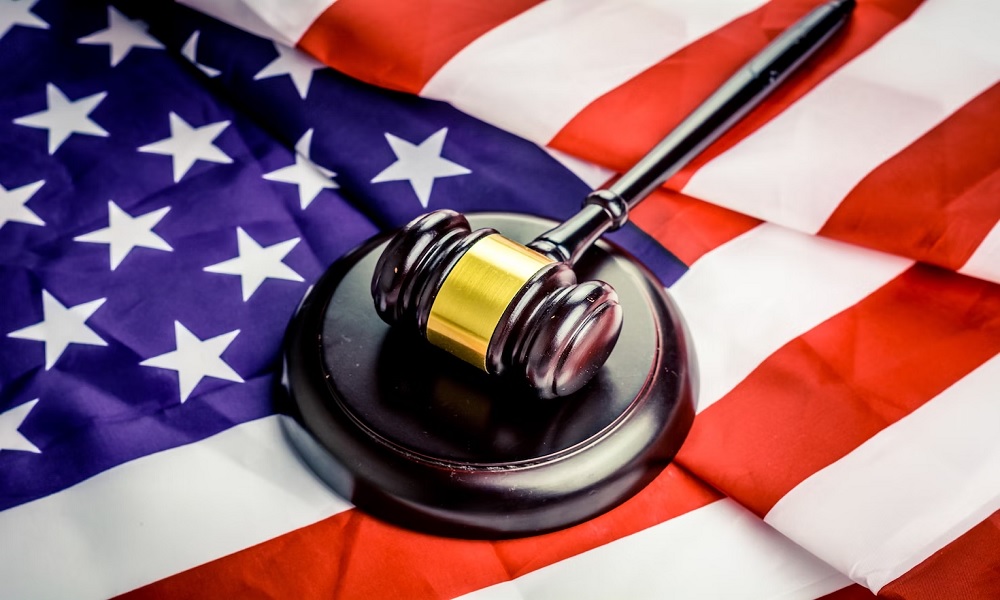The Camp Lejeune water contamination tragedy stands as a haunting testament to the devastating consequences of environmental neglect. Spanning over three decades, from 1953 to 1987, this crisis has left an indelible mark on the lives of countless individuals.
During this period, residents unknowingly consumed water tainted with toxic chemicals. This led to numerous chronic illnesses among the victims.
As the masses became aware of this tragedy, legal action was initiated in pursuit of justice. In this article, we will dive deep into the legal avenues available to those affected by the Camp Lejeune contamination. We will offer insight into the mechanisms through which they can seek compensation and redress.
Filing a Camp Lejeune Lawsuit
Victims of the Camp Lejeune water contamination have the option to seek legal recourse by filing a lawsuit. According to TorHoerman Law, individuals must consult with an experienced attorney specializing in environmental litigation to initiate this process. These legal professionals are well-versed in the intricacies of Camp Lejeune contamination cases and can guide victims through the necessary steps.
First and foremost, it’s essential to establish eligibility. According to Justia, individuals who spent at least 30 days in total at Camp Lejeune between 1953 and 1987 are eligible. Once eligibility is established, the next stage is to collect evidence to support the claim. This includes gathering medical documents linking the diseases to the polluted water.
With a strong case prepared, victims can move forward with filing a Camp Lejeune lawsuit. This can help seek compensation for the physical, emotional, and financial toll that the contamination has exacted upon their lives.
The Camp Lejeune Justice Act of 2022
The Camp Lejeune Justice Act offers new avenues for legal action and compensation for victims of the Camp Lejeune contamination. This law, which became effective in August 2022, provides victims with a legal framework to seek redress for their suffering.
Key provisions of the Camp Lejeune Justice Act include:
- Allowing individuals exposed to contaminated water at Camp Lejeune for at least 30 days between 1953 and 1987 to file claims.
- Recognizing the right of individuals in utero during their mother’s exposure to the contamination to seek compensation.
- Providing a means for victims to pursue legal action against responsible parties and the U.S. government for their injuries.
This legislation represents a significant step towards justice and acknowledgment of the suffering endured by Camp Lejeune contamination victims.
Compensation Amounts
Determining compensation amounts for victims of Camp Lejeune contamination can be complex and may vary based on several factors. The severity of the health conditions and the duration of exposure play a role in determining compensation. Some experts estimate that settlements could range from tens of thousands to millions of dollars.
According to ConsumerNotice.org, veterans approved for VA benefits with a 100% rating may receive an average of approximately $3,000. However, these figures are approximate, and the final settlement amounts depend on the specific details of each case.
Role of Camp Lejeune Lawyers
Experienced lawyers play a pivotal role in advocating for the rights of victims throughout the Camp Lejeune contaminated water lawsuit. These dedicated legal professionals specialize in environmental litigation and understand the complexities of contamination cases.
The role of a Camp Lejeune lawyer includes:
- Assessing eligibility and evaluating the strength of the victim’s case
- Gathering crucial evidence, including medical records and documentation of exposure
- Filing and pursuing the Camp Lejeune lawsuit on behalf of the victim
- Negotiating with responsible parties or representing victims in court
- Providing guidance and support to victims throughout the legal journey
By approaching expert lawyers, victims can easily navigate the legal complexities and maximize their chances of obtaining fair compensation.
Interaction with VA Benefits
One common concern among Camp Lejeune contamination victims is how pursuing a lawsuit may impact their eligibility for VA benefits. It’s important to understand that filing a Camp Lejeune lawsuit does not affect veterans’ benefits.
The VA offers benefits to veterans exposed to contaminated water at Camp Lejeune, provided they meet certain criteria. These benefits include health coverage and disability compensation for specific presumptive illnesses associated with the contamination. According to the VA, Camp Lejeune lawsuit settlements will not interfere with veterans’ access to VA benefits.
Victims can consult with their Camp Lejeune lawyer and accredited VA service officers to ensure they make informed decisions.
The Ongoing Pursuit of Justice
The pursuit of justice for Camp Lejeune contamination victims is an ongoing and relentless endeavor. It symbolizes the resilience of those affected and the demand for accountability and responsibility from those who caused the contamination.
The battle for justice continues as lawyers work tirelessly to secure compensation for the suffering endured by the contamination victims. The ongoing pursuit of justice also aims to set a precedent for corporate and governmental accountability in environmental safety. This will help ensure that such tragedies are less likely to occur in the future.
Final Word
The Camp Lejeune contamination tragedy underscores the enduring fight for justice in the face of environmental harm. With the Camp Lejeune Justice Act, victims now have a straightforward path to seek compensation and acknowledgment of their suffering.
Dedicated lawyers play a vital role in navigating these complex cases, ensuring that those affected can pursue their claims effectively. Importantly, pursuing justice through legal means does not jeopardize veterans’ access to essential VA benefits.
This ongoing pursuit of justice not only seeks redress but also sets a precedent for corporate and governmental accountability. It also plays a role in safeguarding the environment, striving to prevent similar tragedies from happening in the future.

